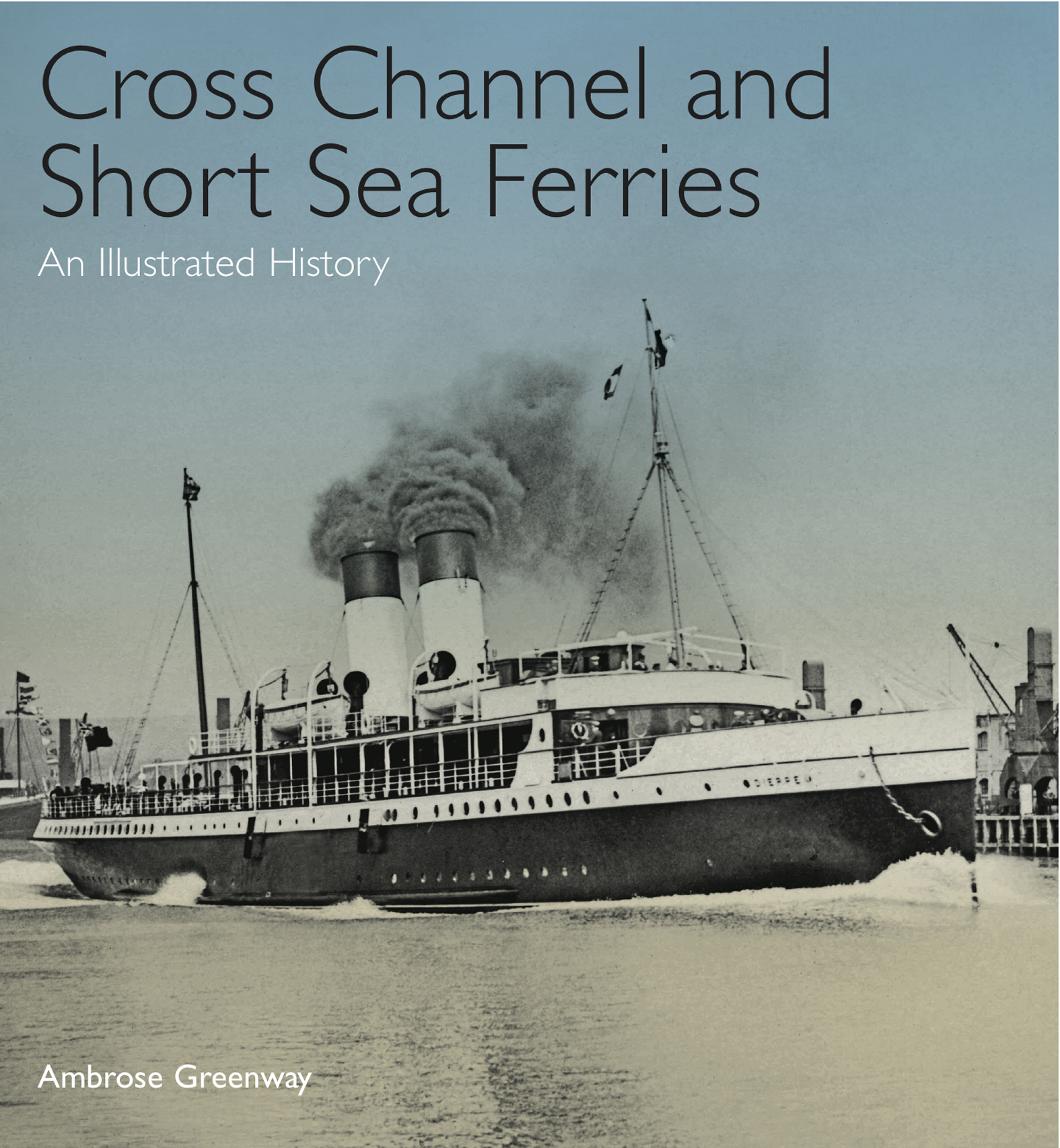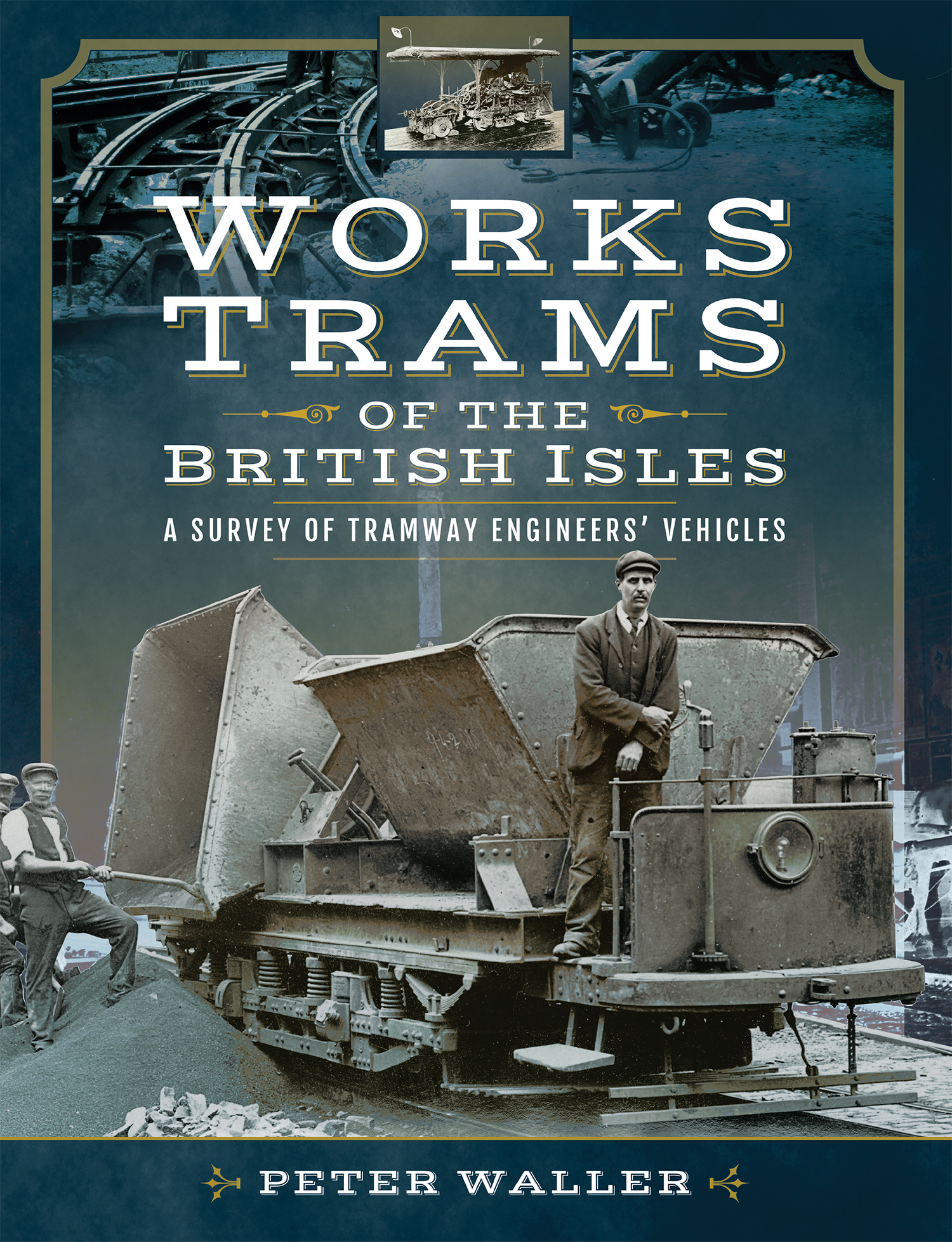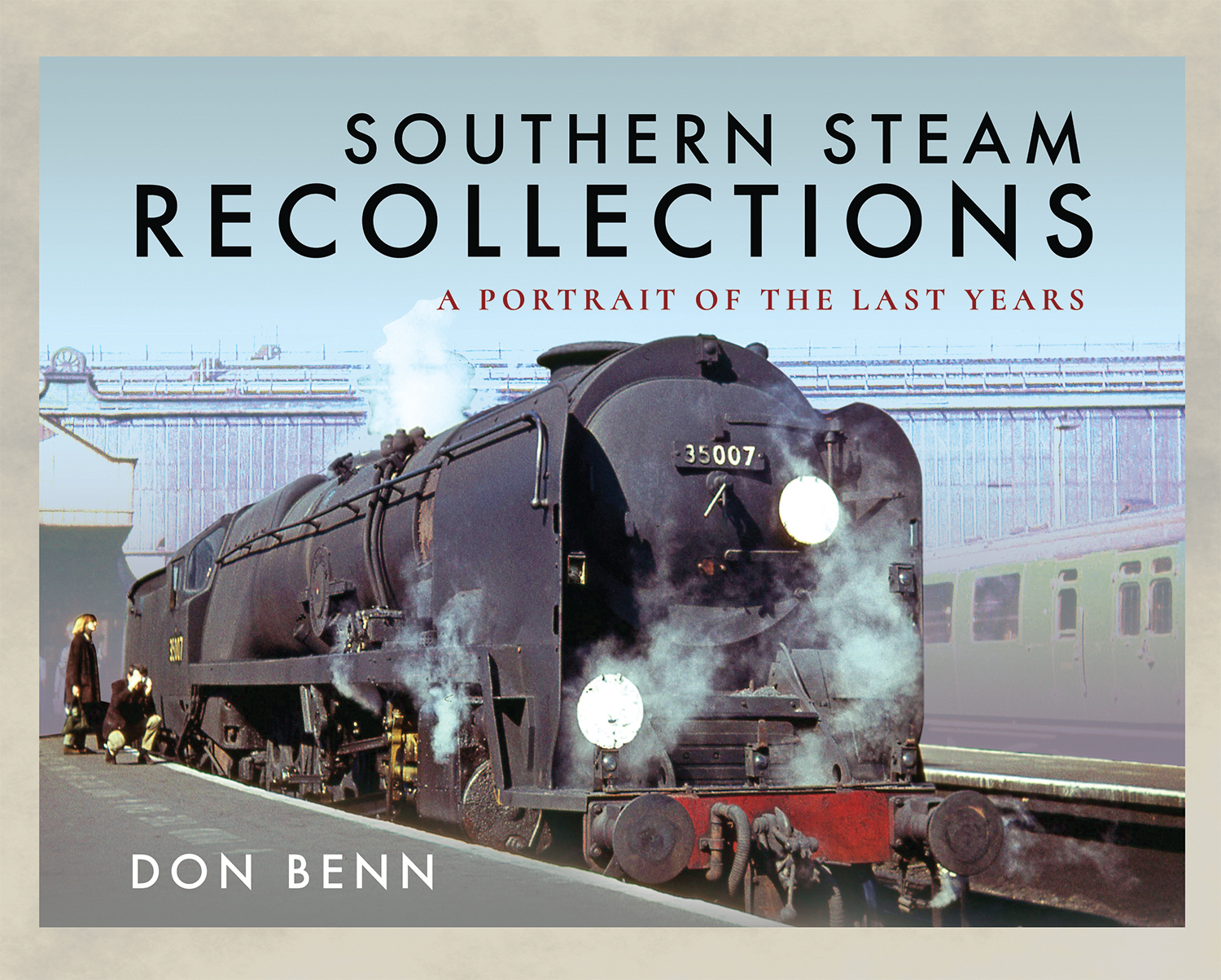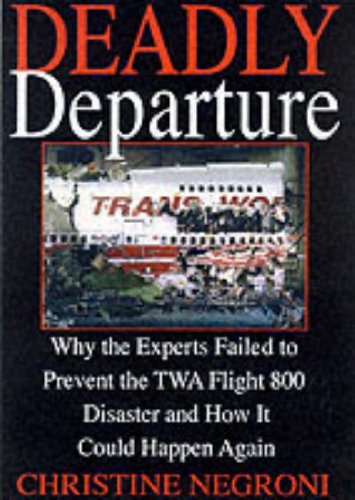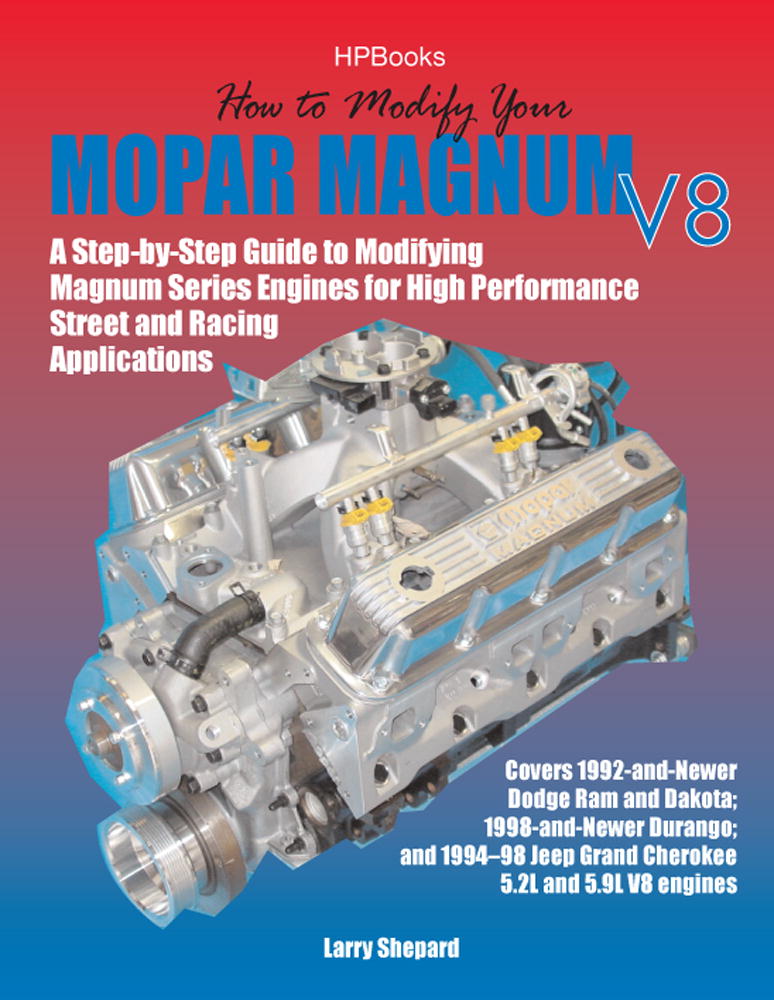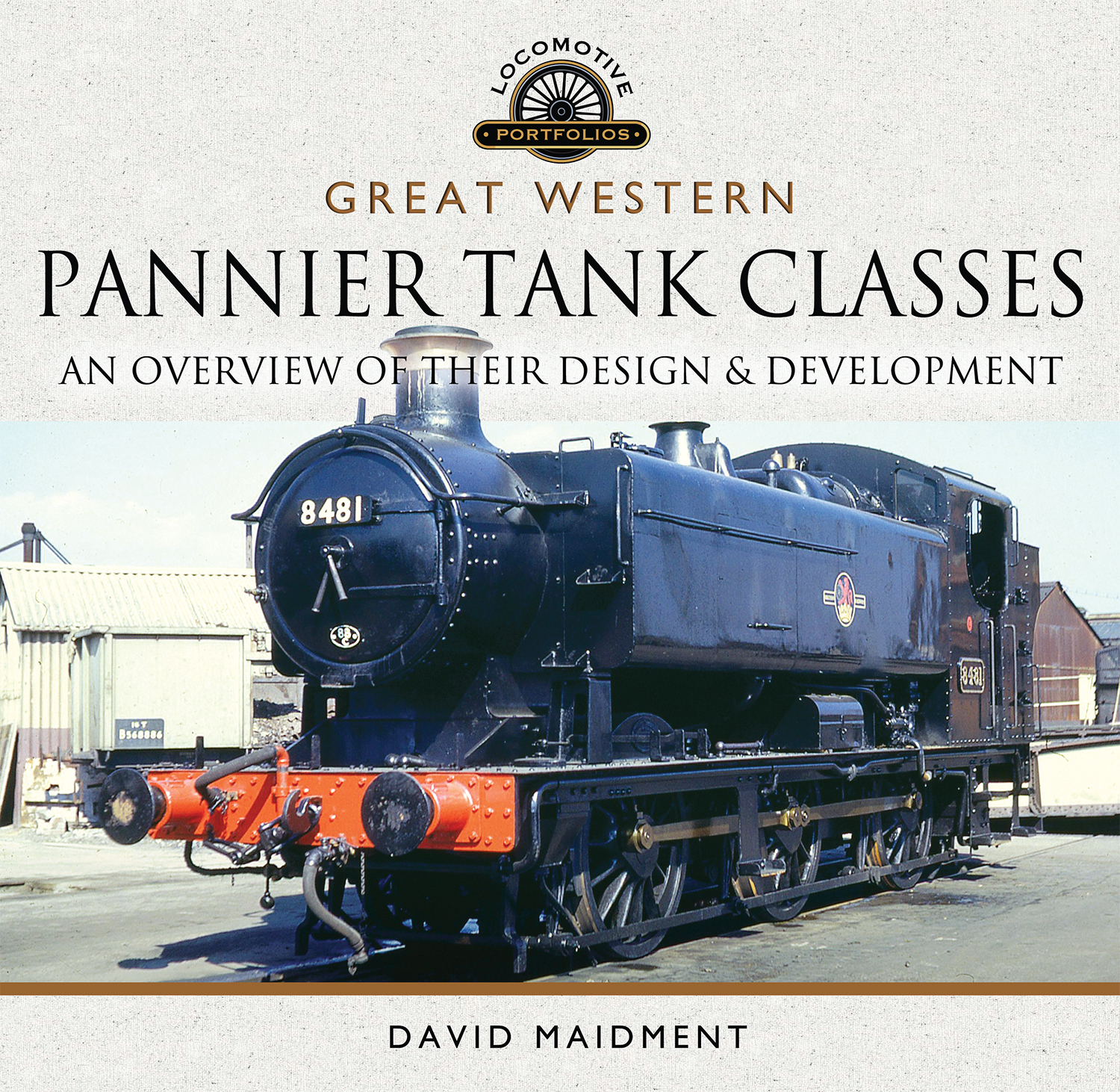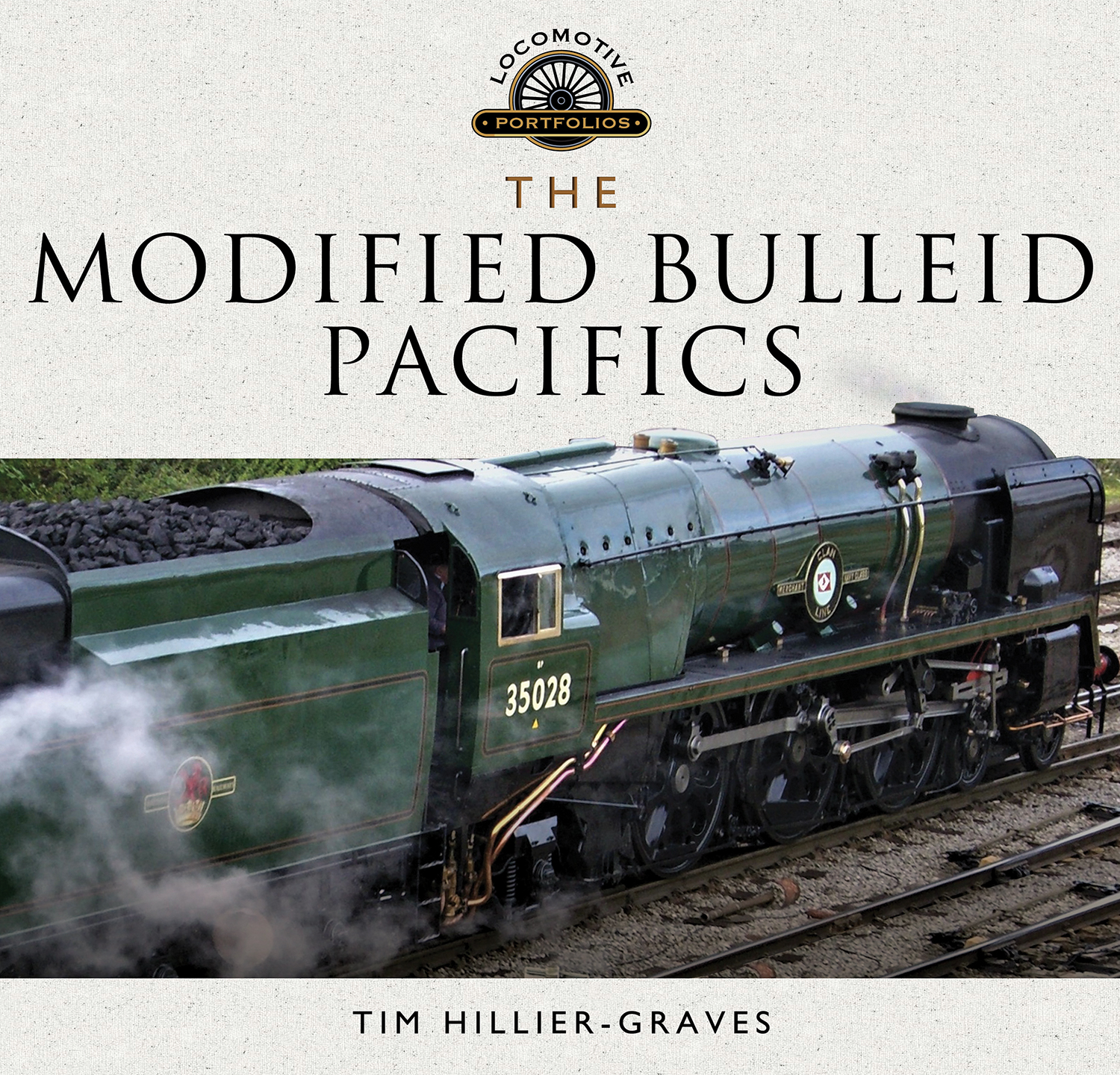Cross Channel and Short Sea Ferries
Cross Channel and Short Sea Ferries
This new book, beautifully illustrated with a magnificent collection of over 300 photographs, covers the development of a much-loved type of vessel, the 'classic' cross channel or short sea passenger ferry often described as a liner in miniature. Fro...
Read more
This new book, beautifully illustrated with a magnificent collection of over 300 photographs, covers the development of a much-loved type of vessel, the 'classic' cross channel or short sea passenger ferry often described as a liner in miniature. From the mid–19th century paddle ferries slowly evolved into screw-driven steamers but it was the advent of the steam turbine and the construction of the railway steamers The Queen and Brighton in 1903 that caught the attention of the world. Similarly-propelled ships multiplied and their use soon spread to the Antipodes, Japan, the Mediterranean and North America. In 1912 Rudolf Diesel's new oil engine went to sea in a cargo ship but it was not until 1925 that it was first employed to widespread acclaim in the Danish North Sea packet Parkeston. In 1934 it made its debut on the English Channel with the Belgian Government's striking 25-knot motor ferry Prins Baudouin. The inexorable increase in car travel from the 1930s led to the development of a new breed of specialised car ferry accessed through bow and stern doors and the proliferation of these after WW2 led to the eventual demise of the 'classic' passenger ferry in the 1960s.With its informative introductory texts and abundant photographs and detailed captions, this book will appeal to ship enthusiasts around the world and to all those who mourn the passing of the golden age of the passenger ship.
Less


